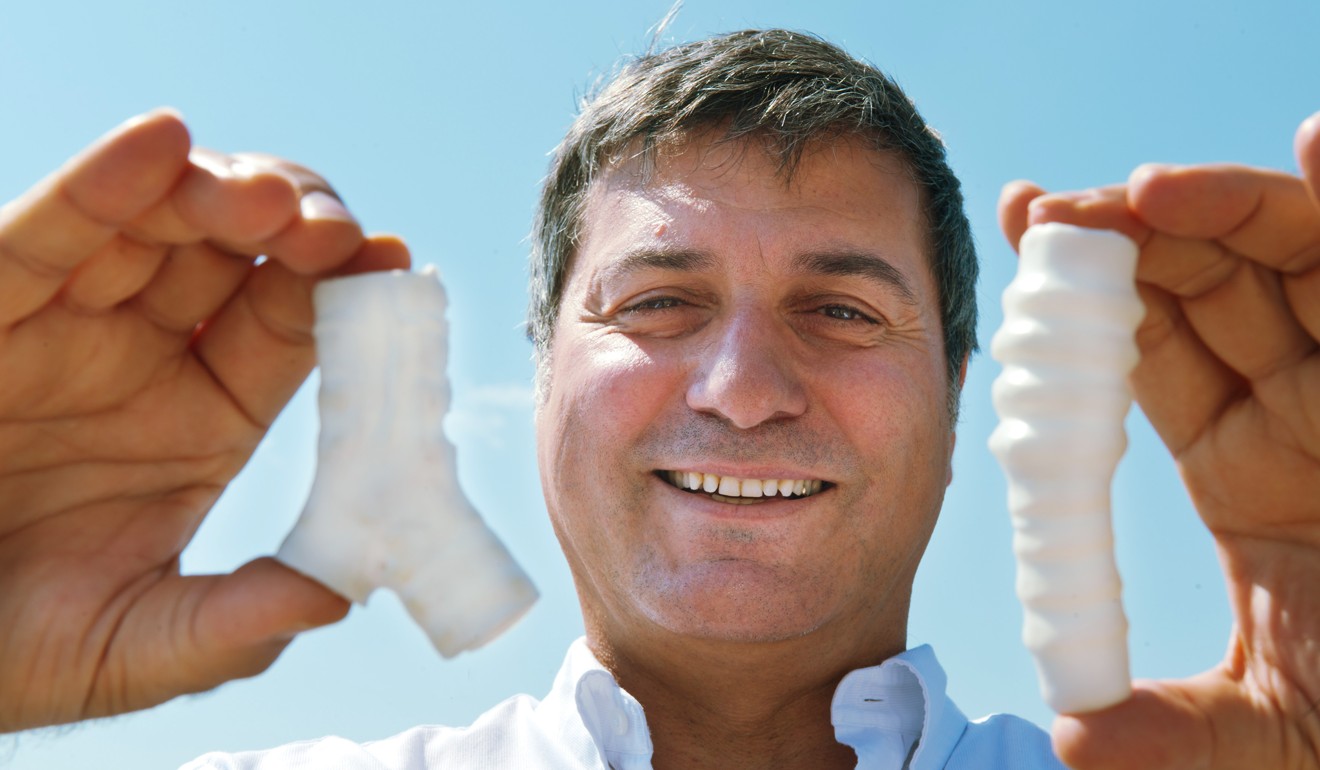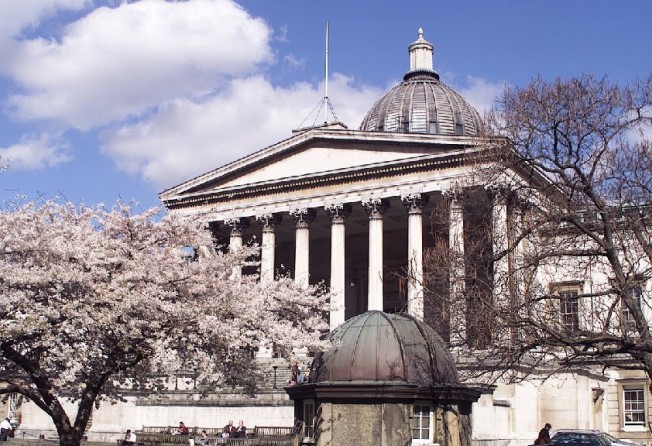
Unapproved artificial body parts implanted in human ‘guinea pigs’ by top UK university’s scientists
The experimental implants were sent abroad by University College London academics and tested on subjects including a drug addict in Iran, inquiry finds

Experimental implants that should only have been used in laboratory or animal tests were sent abroad and used on patients who were treated like human guinea pigs, an inquiry at one of Britain’s leading universities has found.
An artificial windpipe, an arterial graft and a synthetic tear duct manufactured by scientists at University College London were used in operations despite not being approved for use in humans, according to the inquiry’s report.
Stephen Wigmore, the professor of transplant surgery at the University of Edinburgh who chaired the inquiry, said the findings were “quite frightening” and that patients had been essentially used as “guinea pigs”.

It’s quite frightening to think that someone could be manufacturing this kind of device without knowing the regulations that govern it
Other documents suggested that plastic discs had been sent to Mumbai, India where they were implanted under the skin of a patient in need of an ear reconstruction to test that the material was bio-compatible. The report did not find evidence to show that patients had come to harm as a direct result of these breaches, but it did not rule out the possibility either. And the findings are likely to cast a shadow over the university’s reputation for pioneering medical research.
“It’s very serious and it’s quite frightening to think that someone could be manufacturing this kind of device without knowing the regulations that govern it,” said Wigmore.
The inquiry into regenerative medicine at UCL was triggered by concerns about the close ties between several scientists at UCL and the disgraced surgeon, Paolo Macchiarini, who was at the centre of a major medical scandal at Sweden’s Karolinska Institute.
The Italian doctor was initially feted as a medical superstar after he claimed to have successfully transplanted a synthetic windpipe, seeded with a patient’s own stem cells, to create a new, functioning organ. But the remarkable success story began to unravel when it emerged that six of the eight patients to receive synthetic tracheas had died.
The plastic scaffold used in the first operation, on a 36-year-old Eritrean man, was constructed by a former UCL professor, Alexander Seifalian, who was dismissed in 2016 after a tribunal in an unrelated case found that he had dishonestly obtained £24,000 (US$32,000) from an overseas student.
Seifalian’s laboratory was not licensed to make clinical grade devices, the inquiry found, and no permission had been sought from the health regulator to use an unlicensed device. Normally the MHRA only grants such approval in compassionate use cases or in a medically urgent situation where there are no suitable alternative treatments.
The report is strongly critical of Seifalian, who is facing two ongoing research misconduct inquiries. The former professor claims that he has been unfairly singled out.
“Many people were involved in the regenerative medicine work with me but I have been dismissed and [they are] using me as a scapegoat for the work carried out,” said Seifalian, who now runs a company called Nanoregmed.
The inquiry report recommended the cases outlined should be reported immediately to the MHRA for further investigation. The inquiry has made no recommendation that any additional research misconduct investigations are required into any current UCL staff.
Prof David Price, UCL vice-provost for research, said: “As a world-leading university, UCL takes the integrity of its research very seriously ... The recommendations of the inquiry will help us to continue building on our culture of research excellence and innovation, to address global health challenges in a responsible and ethical manner.”